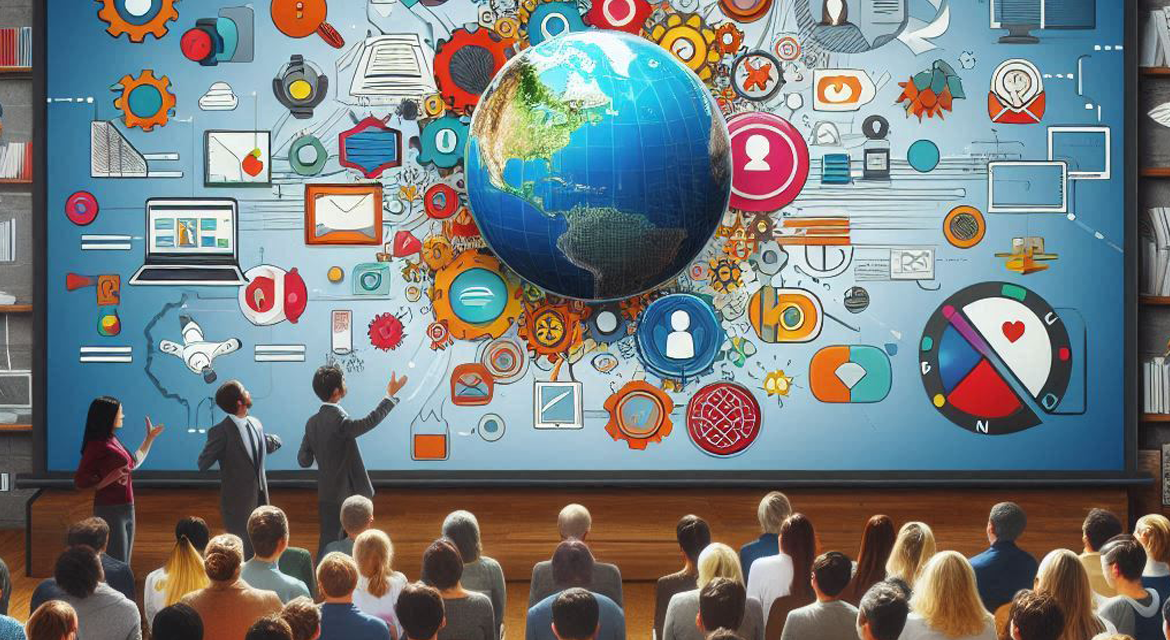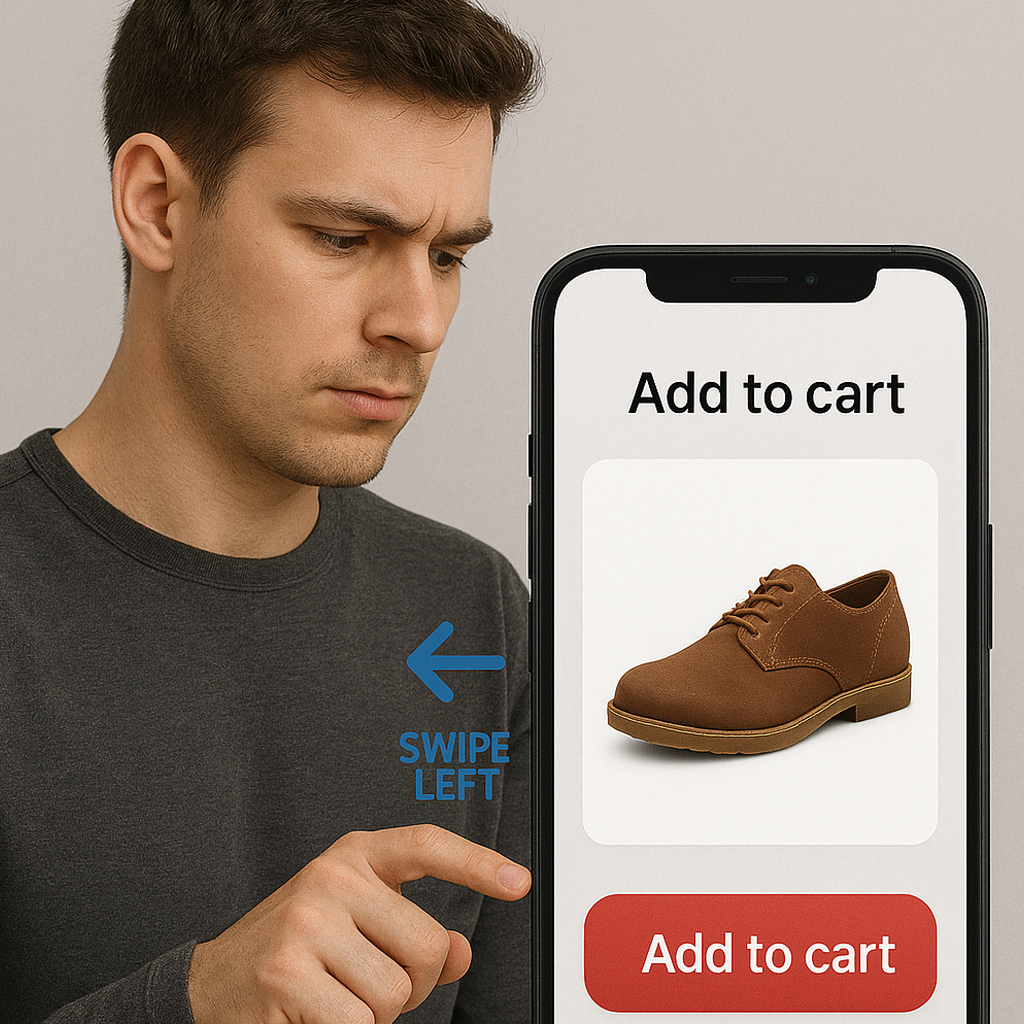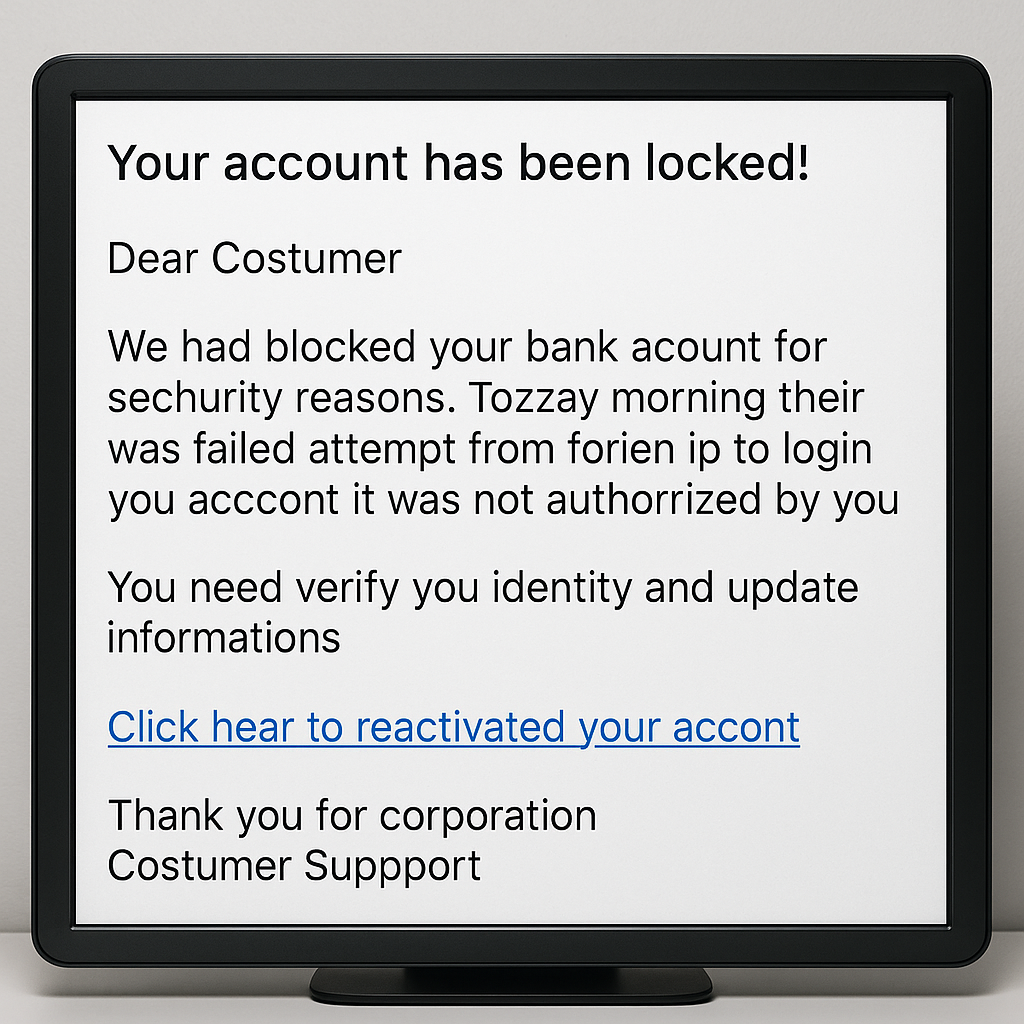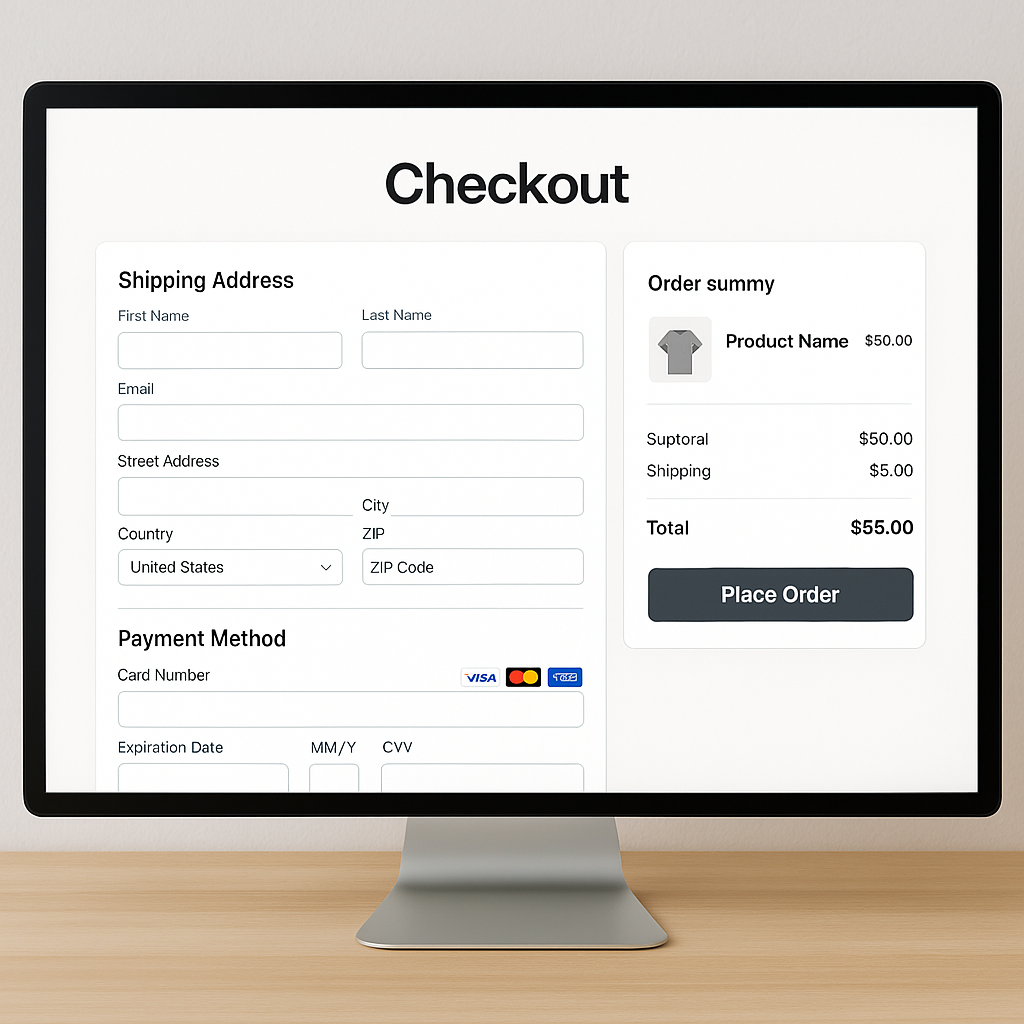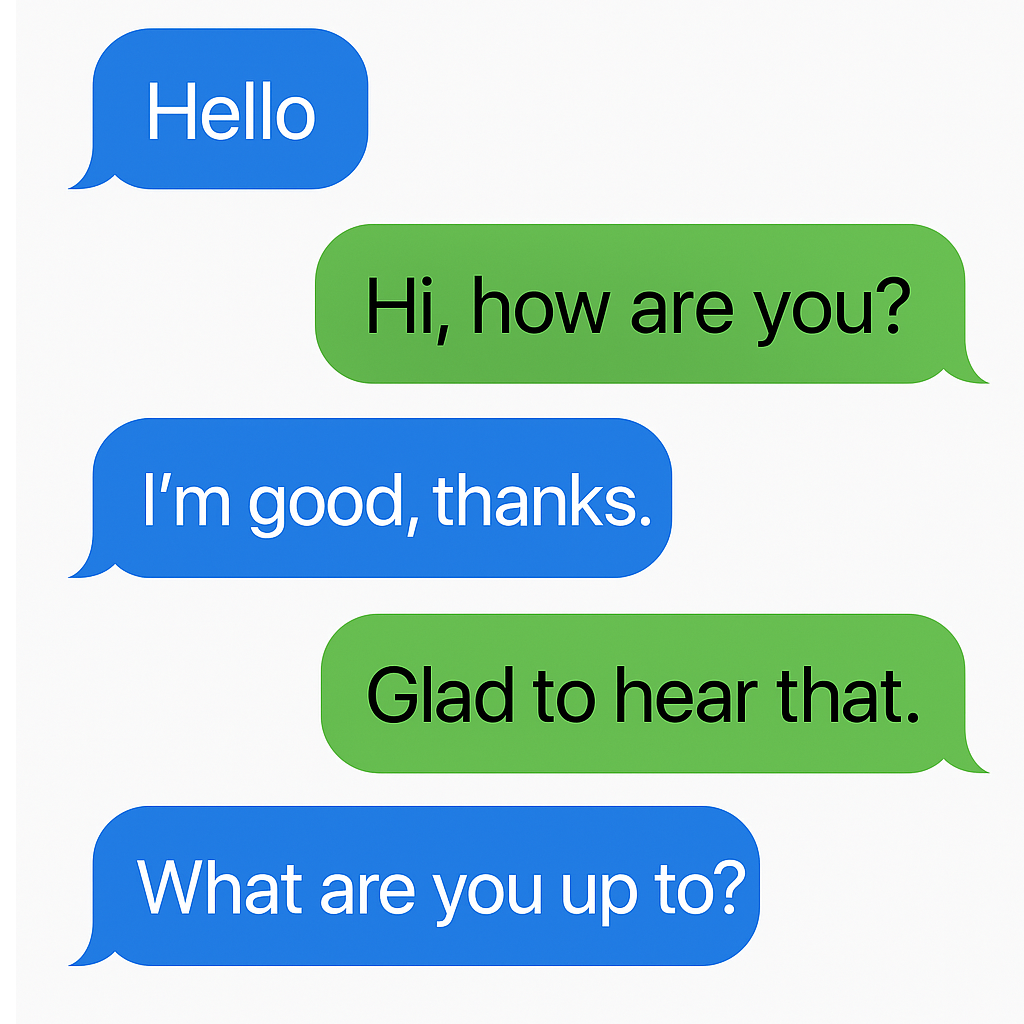Welcome to a fun and easy-to-understand guide on how the internet works! If you've ever wondered what's going on behind the scenes when you surf the web, you're in for a treat. Let's dive in!
What is the Internet?
Imagine a giant spider web that stretches across the entire world. Instead of spiders, picture billions of computers all connected by this web. That's the internet! It's like a massive digital playground where computers can chat, share information, and send funny memes to each other.
Internet Connection: The Magic Portal
To access the internet, you need a magic portal called an internet connection. This portal is provided by your Internet Service Provider (ISP). Think of your ISP as the gatekeeper who lets you into the digital playground. You can connect to the internet using various methods like Wi-Fi, Ethernet cables, or mobile data.
Web Browsers: Your Digital Tour Guides
A web browser is a special program that helps you explore the internet. Popular web browsers include Chrome, Firefox, Safari, and Edge. Think of a web browser as your trusty tour guide. When you open a web browser, you can type in the address of a website (like www.google.com), and your tour guide will take you there. It's like telling your GPS where you want to go and letting it do the work.
Websites: The Digital Destinations
Websites are like digital destinations you visit on the internet. Each website has a unique address called a URL (Uniform Resource Locator). Think of a URL as the address of a house. When you type a URL into your web browser, it's like entering the address into your GPS, and your browser will take you there.
Servers: The Internet's Waitstaff
When you request a website, your web browser sends a message to a server. A server is a special computer that stores websites and delivers them to you when you ask for them. Think of a server as a waiter at a restaurant. When you place an order (request a website), the server brings it to your table (computer).
IP Addresses: The Internet's Address Book
Every device connected to the internet has a unique IP address, which is like a digital home address. It helps computers find each other on the internet. When you visit a website, your computer's IP address communicates with the website's IP address, allowing them to exchange information. It's like sending a letter—you need both the sender's and the recipient's addresses to get the message across.
Packets: The Internet's Puzzle Pieces
When data travels across the internet, it gets broken down into small pieces called packets. These packets are like puzzle pieces that fit together to form the complete picture (website, email, video, etc.). Your computer sends and receives these packets, which are then reassembled to display the content you requested.
Search Engines: The Internet' GPS
Not sure where you want to go? That's where search engines come in. They're like the GPS of the internet. You type in what you're looking for (like "funny cat videos"), and the search engine (like Google or Bing) will give you a list of websites that match your search. It's like asking your GPS to find the nearest pizza place and getting a list of all the pizza spots in town.
Data Centers: The Internet's Brain
The information you see on the internet is stored in massive data centers located around the world. These data centers are like the internet's brain, housing millions of servers that store and manage all the websites, emails, and data you access. Think of them as giant warehouses filled with digital goodies.
Protocols: The Internet's Rulebook
The internet works because of a set of rules called protocols. These protocols ensure that data is sent and received correctly between computers. The most important protocol is called TCP/IP (Transmission Control Protocol/Internet Protocol). It's like the internet's rulebook, making sure everyone plays nice and follows the same guidelines.
The Cloud: Your Digital Storage Locker
Enter the era of cloud computing. Gone are the days of worrying about your computer crashing and losing all your files. Cloud services like Google Drive, Dropbox, and iCloud let you store your documents, photos, and videos online. It's like having an infinite storage locker in the sky where you can keep all your stuff.
Streaming Services: The Internet's Entertainment Hub
Remember when you had to wait for your favorite TV show to come on at a specific time? Thanks to streaming services like Netflix, Hulu, and YouTube, those days are over. Now, you can binge-watch entire seasons of shows or enjoy endless hours of cat videos whenever you want. The internet has truly revolutionized how we consume entertainment.
And there you have it! A fun and simple guide to how the internet works. Now you're ready to impress your friends with your newfound knowledge and maybe a few chuckles along the way. Happy surfing!



